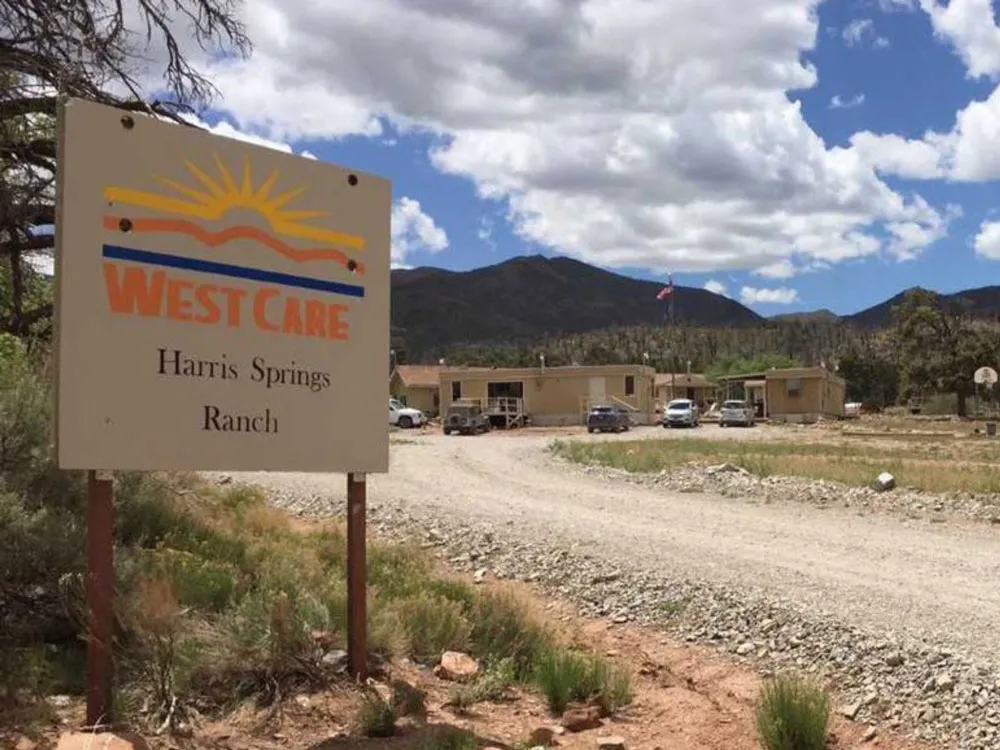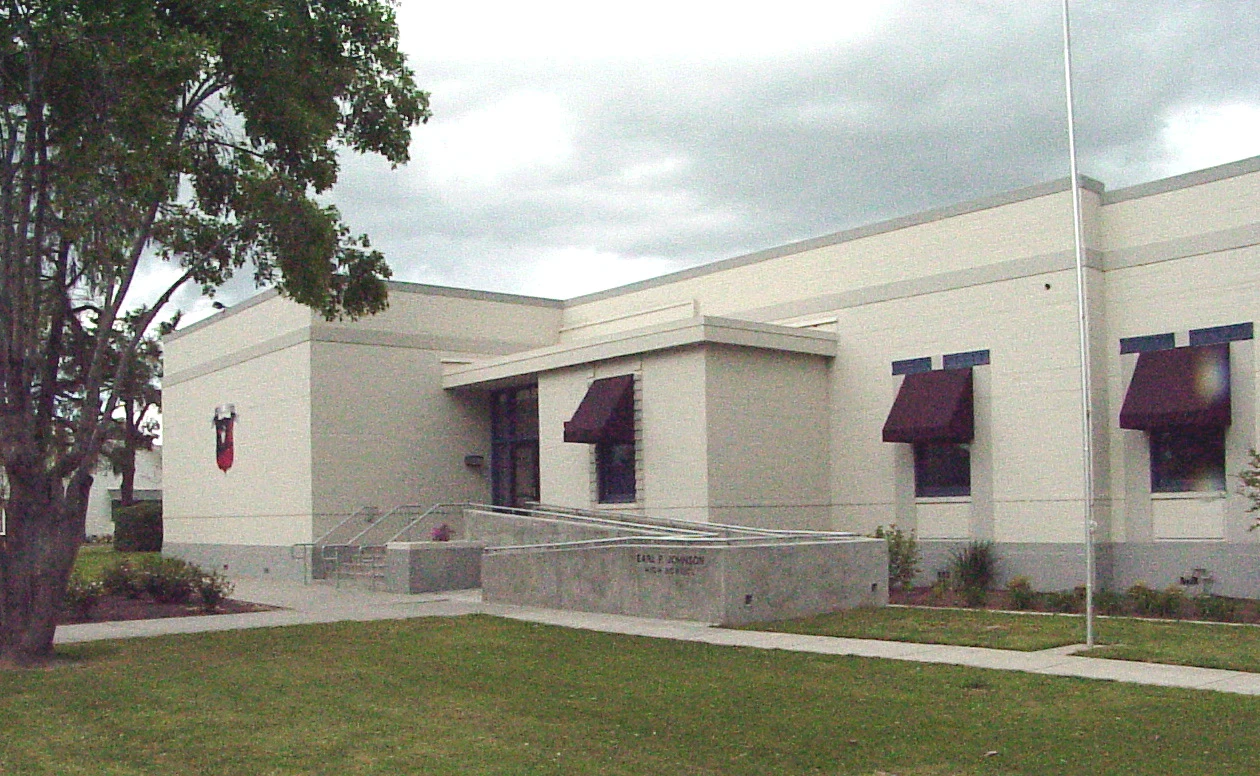WestCare’s Martin Luther King Campus in Fresno, California, offers comprehensive substance abuse services for adults, including parents with children. The residential rehab center provides a continuum of care that includes detoxification, medication-assisted treatment, short-term and long-term residential treatment, outpatient programming, and aftercare support. Specialized services are available for veterans and military personnel, clients in the criminal justice system, members of the LGBTQ+ community, and clients with co-occurring conditions.
Detox services are available for male clients who need to withdraw from alcohol, opioids, and other substances before beginning the next phase of addiction treatment. Detox is performed under medical supervision and support, ensuring the health and safety of all clients. Those with more extensive pharmacotherapy needs, including women, can participate in medication-assisted treatment (MAT). MAT uses FDA-approved addiction medications alongside counseling and recovery education to ease withdrawal effects, control cravings, and reduce the risk of relapse.
The inpatient programs at WestCare’s Martin Luther King Campus range from 30 days to one year. During this time, participants receive intervention, treatment, educational, and employment-related services. Clients engage in individual and group counseling, vocational and educational assessments, and job development. The goal is to develop skills for long-term recovery, positive parenting, and financial independence. Residential programs are available for men, women, men with children, and women with children.
Outpatient treatment programs vary from intensive outpatient programs (IOP) to minimal aftercare programs. IOPs provide over 10 hours of group and individual therapy per week, while aftercare programs offer one group session per week. Staff members conduct an initial assessment of each client to determine the appropriate level of intensity to meet their needs. Outpatient services include alcohol and drug education classes, introduction to self-help meetings, individual and group counseling, education and job assistance, and family support.
Veterans receive individualized services to meet their unique needs, addressing common concerns such as PTSD, substance abuse, traumatic brain injury, homelessness, relational problems, and depression. Assistance is also available for the LGBTQ+ community, particularly for those affected by or at risk of HIV/AIDS. Evidence-based practices are employed to counsel individuals regarding HIV/AIDS.
WestCare’s Martin Luther King Campus offers a wide range of additional services, including residential treatment for men, women, men with children, and women with children. The center provides outpatient and intensive outpatient services for adults and youth, medication-assisted treatment for adults, and recovery residences for men and women. Mental health services include outpatient mental health care for adults. Emergency support services encompass crisis support, mobile response teams, emergency housing, supportive overnight services, and food assistance.
Housing opportunities include rapid rehousing rental assistance, permanent supportive housing, housing for individuals living with HIV/AIDS, housing stability case management, and furnishings for newly housed individuals and families. Educational and preventive services feature HIV testing, community outreach for substance use disorder and mental health, life skills education, risky behavior prevention for youth, family education through the Celebrating Families! program, street outreach, housing navigation, homeless prevention, and homeless disability advocacy.
Veteran services include case management, temporary financial assistance, assistance in obtaining VA benefits, and suicide prevention programs. Criminal justice services provide transitional housing, rapid rehousing, homeless prevention, employment assistance, vocational training, offender re-entry programs, transitional housing for men and women, justice-involved case management, and crime reduction and jail diversion services.
WestCare’s Martin Luther King Campus is in-network with most commercial insurance providers. Clients are encouraged to speak with their provider to confirm coverage, as out-of-network benefits may vary.
WestCare - Martin Luther King Campus Information
Additional Locations
Find the best treatment options. Call our free and confidential helpline today!





